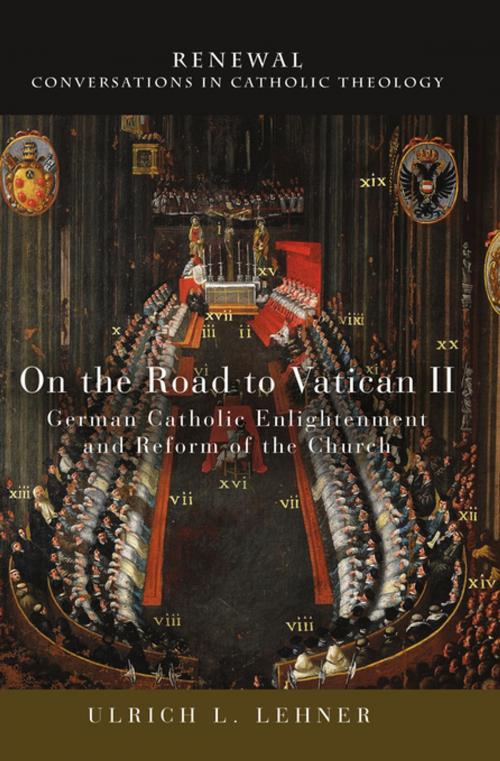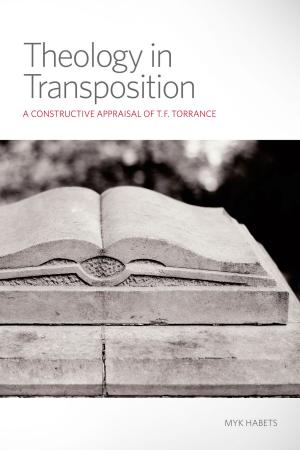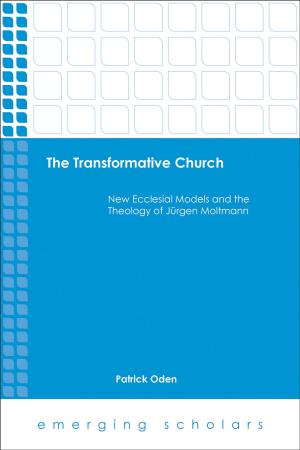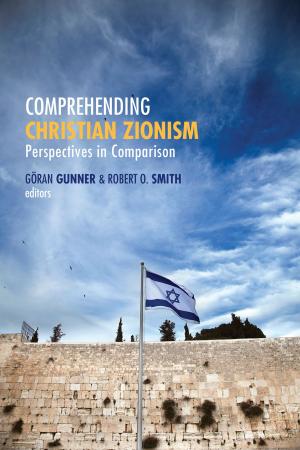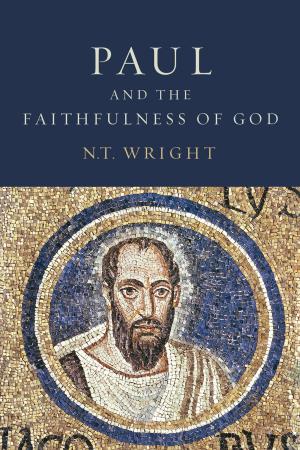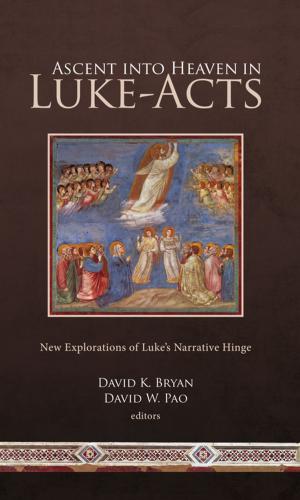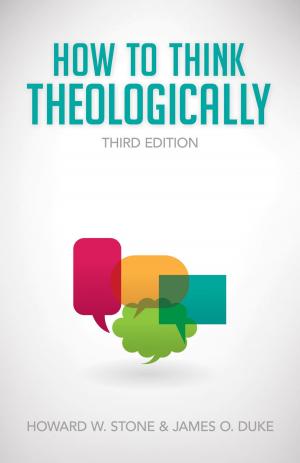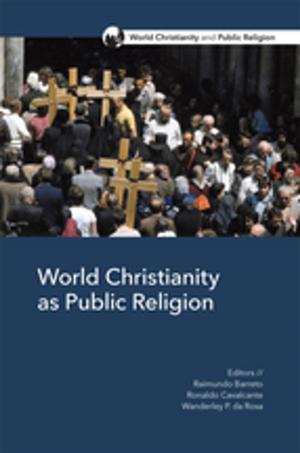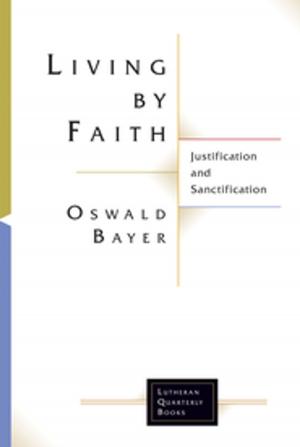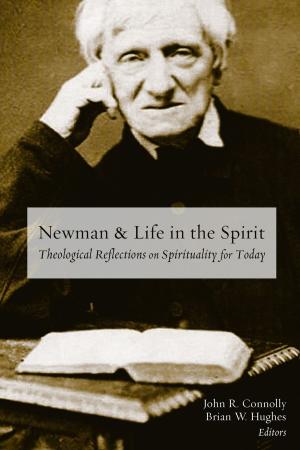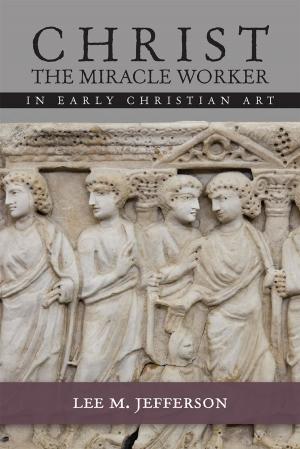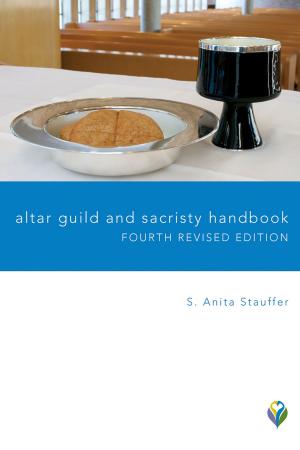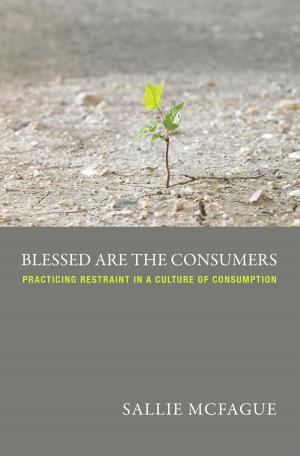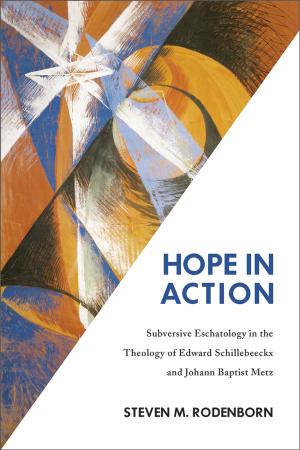On the Road to Vatican II
German Catholic Enlightenment and Reform of the Church
Nonfiction, Religion & Spirituality, Christianity, Church, Church History, Denominations, Catholic, Catholicism, Philosophy| Author: | Ulrich L. Lehner | ISBN: | 9781506408996 |
| Publisher: | Fortress Press | Publication: | July 1, 2016 |
| Imprint: | Fortress Press | Language: | English |
| Author: | Ulrich L. Lehner |
| ISBN: | 9781506408996 |
| Publisher: | Fortress Press |
| Publication: | July 1, 2016 |
| Imprint: | Fortress Press |
| Language: | English |
In the present day, there is widespread confusion regarding the theological achievements of the Catholic Enlightenment. This book outlines such contributions in the fields of biblical exegesis, church reform, liturgical renewal, and the move toward a more tolerant view of other churches and religions. Since some of the most important Catholic Enlighteners lived in Germany, this book concentrates on their endeavors, but also frequently points to other European players. Only an unpolemical historical assessment of the Catholic Enlightenment can help us to get out of the current gridlock of interpreting Vatican II: was there a break with tradition, or was there continuity? By reviewing the historical debates that preceded Vatican II, the unknown, marginalized, or deliberately forgotten roots of the conciliar debates come to light that can help us fine-tune future hermeneutical endeavors. This history is hitherto unknown to most researchers. Indeed, it is possibly the most neglected field of modern literary history.
In the present day, there is widespread confusion regarding the theological achievements of the Catholic Enlightenment. This book outlines such contributions in the fields of biblical exegesis, church reform, liturgical renewal, and the move toward a more tolerant view of other churches and religions. Since some of the most important Catholic Enlighteners lived in Germany, this book concentrates on their endeavors, but also frequently points to other European players. Only an unpolemical historical assessment of the Catholic Enlightenment can help us to get out of the current gridlock of interpreting Vatican II: was there a break with tradition, or was there continuity? By reviewing the historical debates that preceded Vatican II, the unknown, marginalized, or deliberately forgotten roots of the conciliar debates come to light that can help us fine-tune future hermeneutical endeavors. This history is hitherto unknown to most researchers. Indeed, it is possibly the most neglected field of modern literary history.
